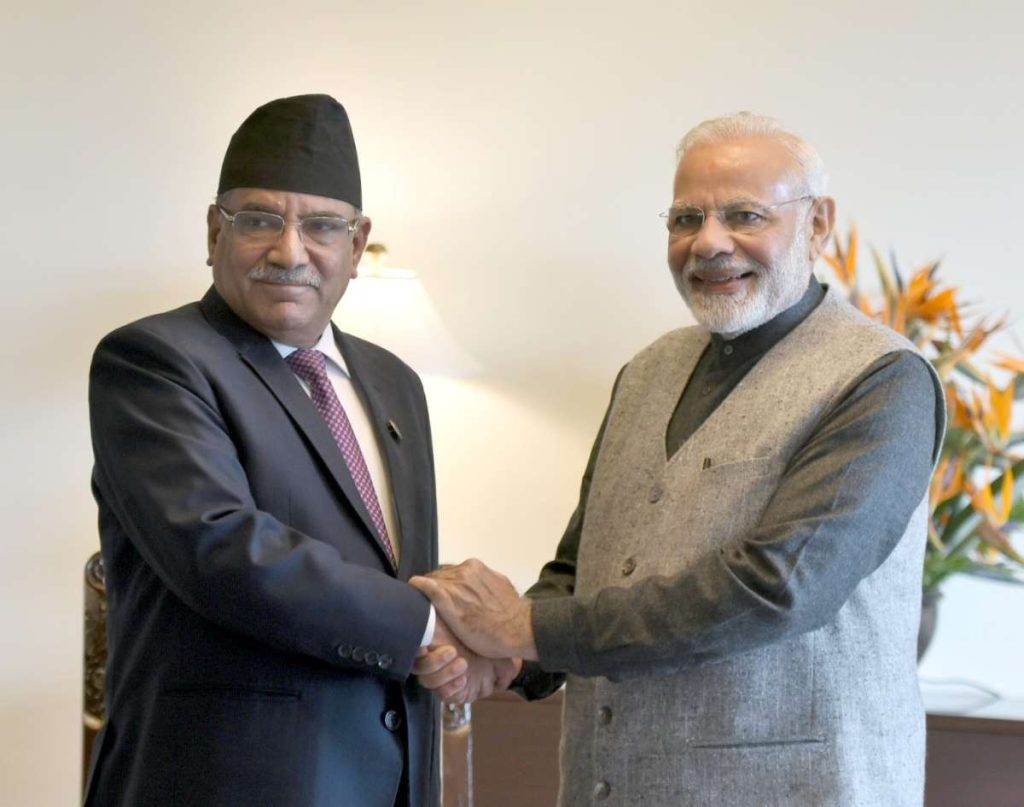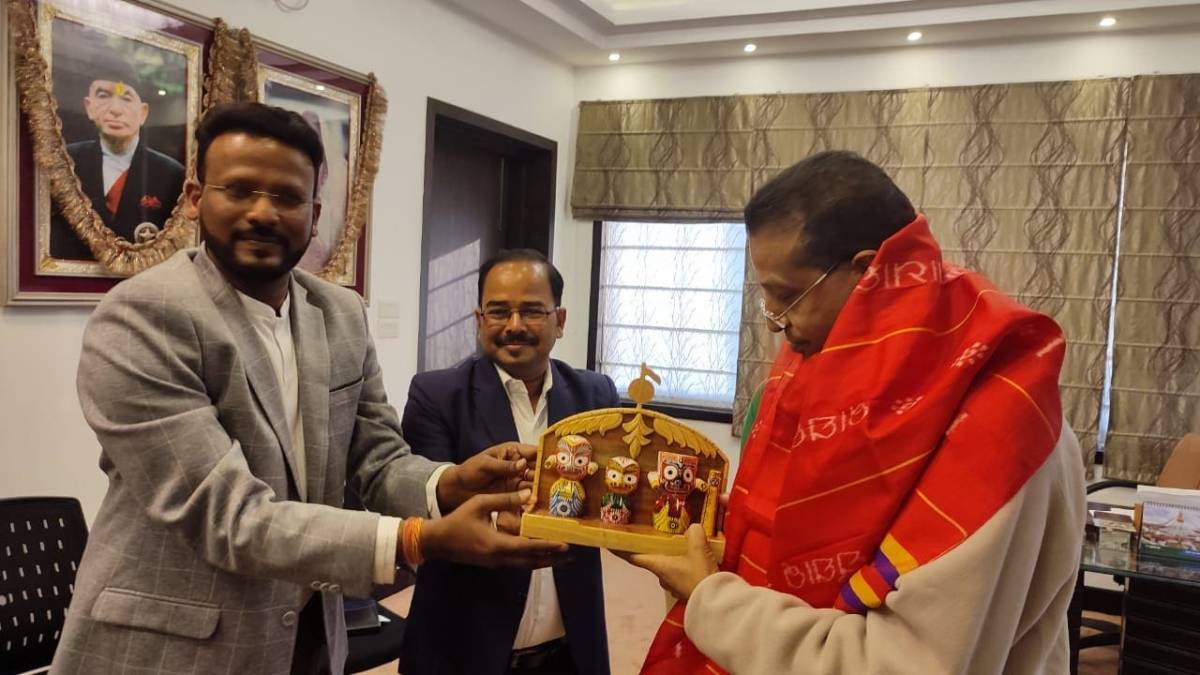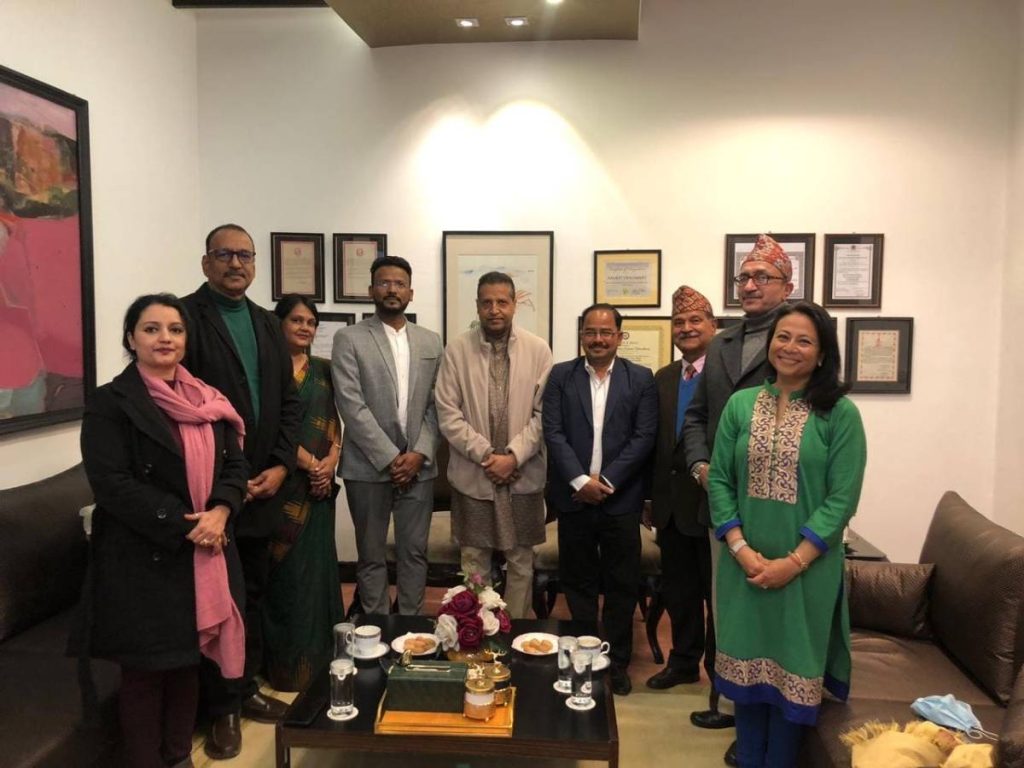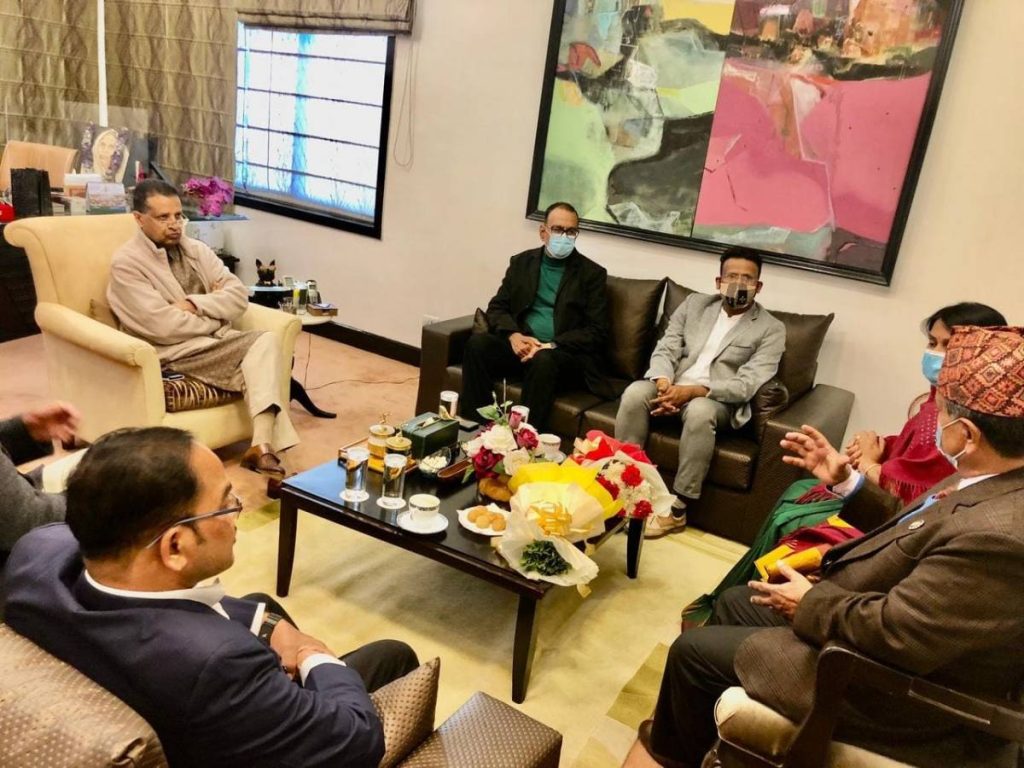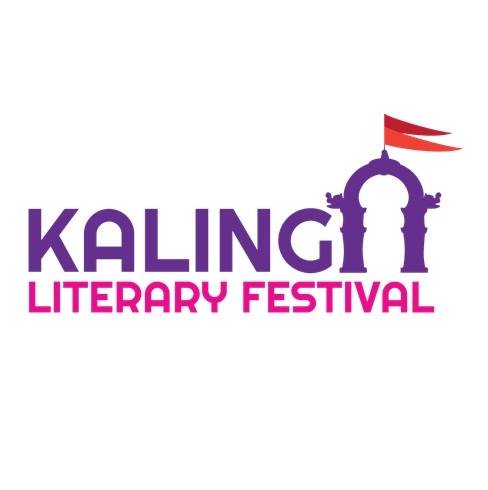The proposed railway line is considered as counter weight to China’s proposed Kerung-Kathmandu Railway…reports Asian Lite News
India and Nepal have begun detailed discussions on building a cross-border Kathmandu to Raxaul railway—a move that will connect New Delhi with the Nepalese capital.
The strategic project which would steal a march over China’s plans to extend the Tibet railway to Kathmandu will come at a substantial cost, a senior official with Nepal’s Department of Railway Department told India Narrative.
The Indian side recently submitted the initial report of the Final Location Survey of the proposed railway to the Nepal government which will give the Nepali capital a direct connection with the Indian railway network, enabling uninterrupted train travel to all Indian cities. Once hooked on to the Indian railway system, landlocked Nepal can also be connected to Bangladesh and its ports.
The proposed railway line is considered as counter weight to China’s proposed Kerung-Kathmandu Railway.
The project, however would be an expensive affair. Referring to the report, a senior official of the Department of Railways told India Narrative, on condition of anonymity, that its construction cost has been estimated at INR 260 billion (NPR416 billion).
Rohit Kumar Bisural, director general of the Department of Railways also said that building the proposed railway line would be costly without confirming the exact cost. “As per the final location survey, the tunnel should be constructed in nearly one fourth of the proposed alignment in different areas which will lead to cost escalation,” he said.
He added that the length of the proposed railway will be 141km of which around 41km will be covered by tunnels.
India had handed over the initial report of the Final Location Survey to the Nepali side during Nepal’s Prime Minister Pushpa Kamal Dahal’s visit to India from May 31 to June 3, according to a press statement of the External Affairs Ministry of India.
“It is the initial report of the Final Location Survey which is also a type of Detailed Feasibility Report,” Keshav Kumar Sharma, secretary at Nepal’s Ministry of Physical Infrastructure and Transport said. “I have not gone through the report yet. We will study it and give our opinion to the Indian side and then the Indian company responsible for the final location survey will prepare the final report.”
The Final Location Survey was conducted with the Indian government’s grant. But there have been no bilateral talks between the two sides on whether to build this railway line and what would be the financing modality.
“Once the final report is submitted, the Nepal government will decide whether to go ahead with constructing this railway line,” said Sharma. “If the decision is taken to move forward to construct the cross-border railway, there will be a discussion on financing modality too.”
Foreign policy experts say that the project would be vital for enhanced connectivity between the two neighbouring countries which share an open border.
Nepal and India are also working to enhance multi-dimensional connectivity with highways, railways and waterways and trans ways and information ways. A slew of agreements on connectivity were signed during Nepali Prime Minister Dahal’s recent India visit.
Vijay Kanta Karna, Nepal’s Former Ambassador to Denmark, who is a keen observer of Nepal’s international relations, told India Narrative that building this railway could be instrumental to enhance and consolidate India’s influence in Nepal. “By helping to build this hard infrastructure, India will get an important opportunity to enhance its soft power in Nepal,” he added.
According to Nepal’s Department of Railway, a key benefit for Nepal from this railway is that it will provide direct access to the huge population in South Asia through a rail line and it would provide enormous potential for increase in tourism and other businesses.
“As it is the electrified railway, it will help replace the fuel-based transportation system saving huge amounts of money being spent for fuel imports,” the railway department said in one of its presentations.
At a time when Nepal and China were discussing constructing the proposed Kerung-Kathmandu Railway Line and China sending its technical team to conduct preliminary feasibility study in 2017 and 2018, India had come up with the plan to connect Kathmandu from bordering Indian town Raxaul with its own railway line.
When Nepal’s Former Prime Minister KP Sharma Oli visited India in April 2018, Kathmandu and New Delhi first reached an understanding on expanding rail linkages, agreeing to construct a new electrified rail line, connecting Raxaul and Kathmandu with India’s financial support.
“As a first step, it was agreed that the Indian government, in consultation with the Nepal government, would carry out preparatory survey work within one year, and the two sides would finalise the implementation and funding modalities of the project based on the Detailed Project Report,” a separate joint statement on expanding railway linkage issued after Oli’s visit to New Delhi, states.
In August 2018, two countries signed a memorandum of understanding for a preliminary engineering cum traffic survey for a rail link between Kathmandu and Raxaul. Konkan Railway Corporation Ltd. was entrusted to conduct a preliminary survey.
As per the preliminary survey, the railway line will start from Raxaul and pass through Jitpur, Nijgadh, Sikharpur, Sisneri and Sathikhel before connecting Chobhar, Kathmandu, and there will be 41 bridges and 40 curves.
A memorandum of understanding on performing a Final Location Survey was signed by Nepal and India in October 2021. After completion of the field study, India handed over the initial report to Nepal which, according to Nepali officials, has given a picture about how this railway could be constructed and how much it may cost. As expected, the Final Location Survey showed the high cost of constructing the railway. “Given the high cost, it is not sure whether India will be ready to fully finance this project,” said Karna. “India can offer grants and cheaper loans to Nepal to build this proposed railway.”
(India Narrative)
ALSO READ-Nepal refutes Chinese claim of airport being built under BRI

